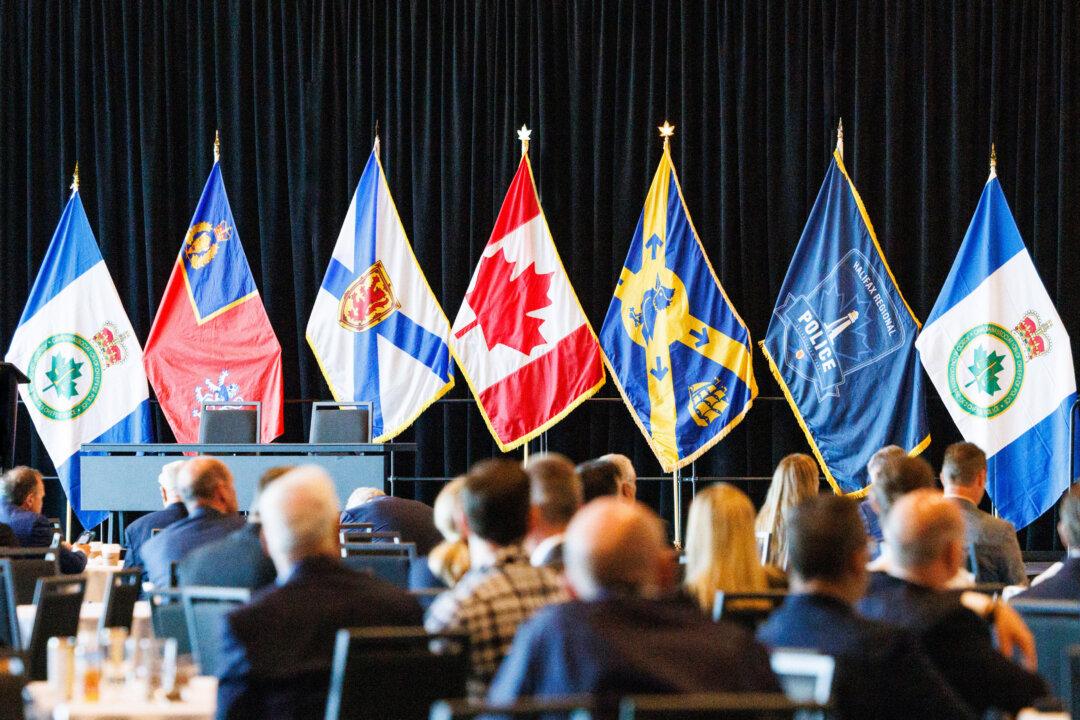Canada’s police chiefs are calling on all levels of government to provide more funding and manpower to deal with the growing number of protests across the country.
The request was part of a resolution at the 119th annual summit of the Canadian Association of Chiefs of Police (CACP) in Halifax Aug. 11–13. The gathering looked at the impact that global conflicts are having on Canadian communities from a policing perspective.





